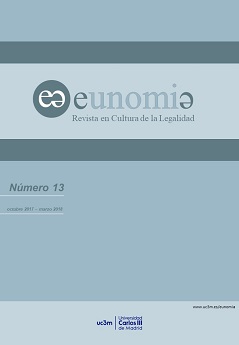Elusión fiscal (regulación en la Unión Europea)
Resumen
La elusión fiscal se define como la articulación de estrategias de minimización del pago de tributos que son conformes con la literalidad de la normativa pero no con una interpretación sistemática o teleológica, y ante las cuales el sistema tributario reacciona para, como mínimo, anular el beneficio fiscal obtenido. En el ámbito de la Unión Europea, el concepto de elusión –como todo lo tributario– se analiza desde la perspectiva de la promoción de un mercado interior en condiciones de libre competencia. La postura de las instituciones de la Unión ha variado, pasando de favorecer ante todo la libre circulación de bienes, capitales, servicios y trabajadores, permitiendo la aplicación de las medidas anti-elusión estatales sólo con carácter excepcional, a considerar que la elusión daña las condiciones de libre competencia empresarial y es necesaria una acción positiva y coordinada, cuyo exponente más elaborado es la Directiva (UE) 2016/1164, del Consejo, de 12 de julio de 2016, por la que se establecen normas contra las prácticas de elusión fiscal que inciden directamente en el funcionamiento del mercado interior.
Descargas
Eunomía. Revista en Cultura de la Legalidad es una revista debidamente registrada, con EISSN 2253-6655.
Los textos publicados en esta revista están –si no se indica lo contrario– bajo una licencia Reconocimiento-Sin obras derivadas 3.0 España de Creative Commons. Puede copiarlos, distribuirlos y comunicarlos públicamente siempre que cite su autor y la revista y la institución que los publica y no haga con ellos obras derivadas. La licencia completa se puede consultar en: http://creativecommons.org/licenses/by-nd/3.0/es/deed.es




